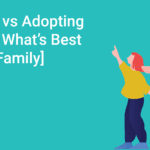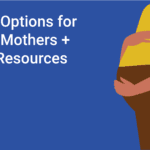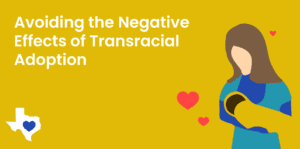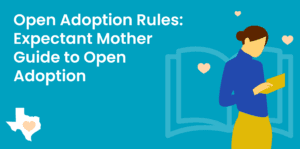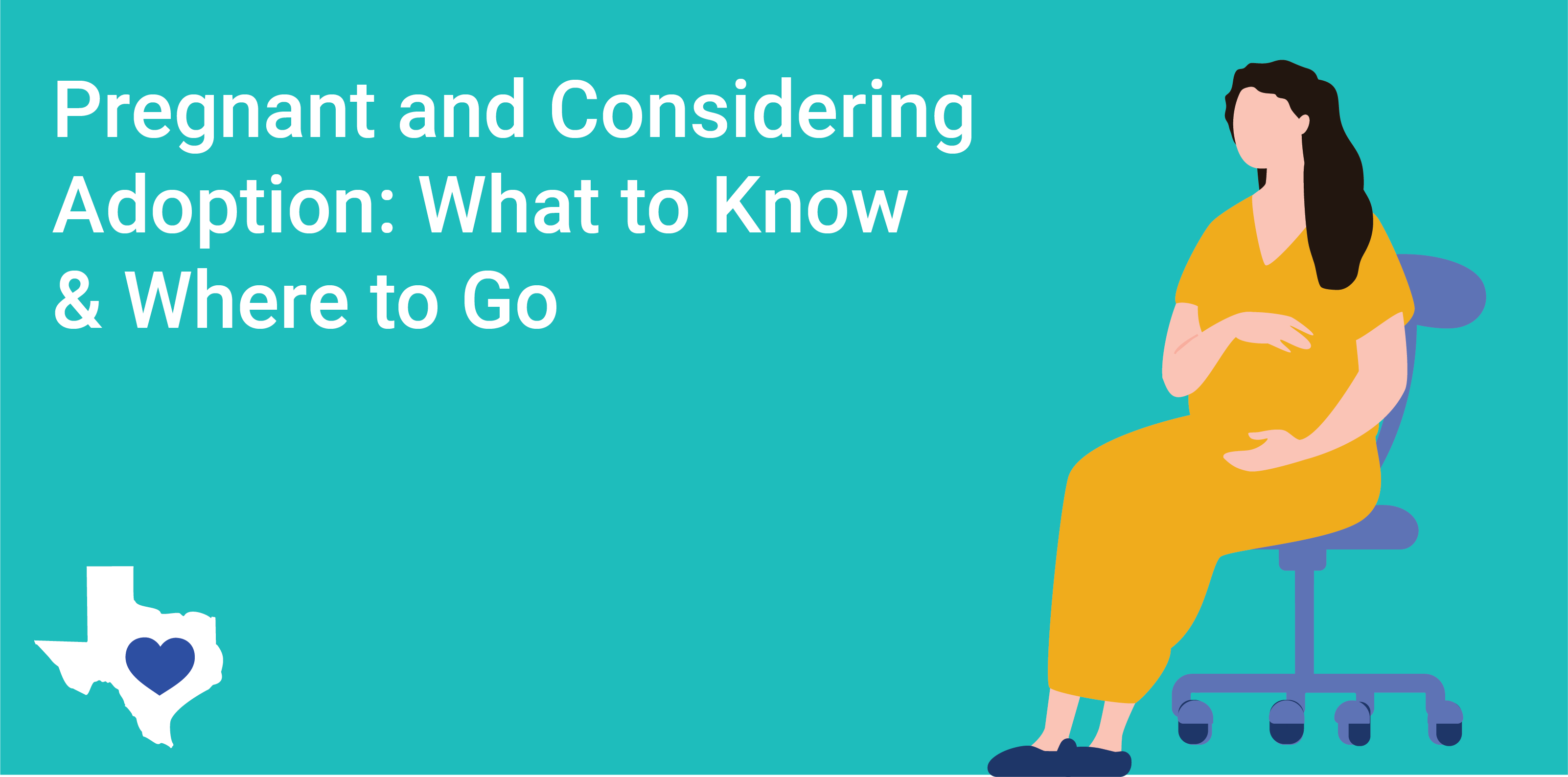
Pregnancy can be an exciting and joyful time, but for some women, it may also bring uncertainty and difficult decisions. If you are pregnant and considering adoption, you are not alone. Adoption is a viable option for women who are unable to parent their child at this time.
In this article, we will discuss what you need to know and where you can go for support and guidance during the adoption process.
Understanding Adoption
Adoption is the legal process of permanently placing a child with a new family. It entails a transfer of rights and responsibilities from the birth parents to the adoptive family, including parental custody and legal guardianship.
Many birth mothers choose to place their babies for adoption because of financial hardship, wanting to provide the child with more opportunities in life, or a lack of support from family and friends. Other reasons for not being ready may include a desire to focus on personal or career goals, or an inability to parent due to mental or physical health issues. Whatever the reason may be, adoption can be a positive and loving option for all parties involved.
There are several types of adoption, including:
- Domestic adoption: This is when the child and adoptive family are both in the same country.
- International adoption: This is when the child and adoptive family are in different countries.
- Open adoption: This is when the birth mother and adoptive family have ongoing communication and contact.
- Closed adoption: This is when there is no contact between the birth mother and adoptive family.
It is important to research and understand the different types of adoption to determine which is best for you and your child. If you’re unsure, it is recommended to seek the advice of an adoption professional.
Choosing an Adoption Agency
Choosing the right adoption agency is a crucial step in the adoption process. An agency can provide support, guidance, and resources to help you make informed decisions. When choosing an adoption agency, consider the following:
- Licensing and accreditation: Make sure the agency is licensed and accredited by the appropriate governing bodies.
- Services provided: Look for an agency that offers comprehensive services, including grief & loss counseling, unbiased legal consultations and post-adoption support.
- Reputation: Research the agency’s reputation and read reviews from other birth mothers and adoptive families.
- Fees and costs: Make sure you understand all of the fees and costs associated with the adoption process. Adoption should be no cost to birth parents.
You can also ask for referrals from your healthcare provider or other trusted sources for recommendations on adoption agencies.
Making an Adoption Plan
Once you’ve decided adoption is the best option for you and your child, you will need to create an adoption plan. This plan should include information about what type of family you want for your child, what kind of contact you want with the adoptive family, and other important details. It is also important to ensure that all legal requirements are met, including providing consent to the adoption and meeting state-mandated waiting periods.
Remember that you are in control of the adoption process. You are not obligated to make any decisions until you feel comfortable and ready to do so.
Understanding Your Rights
As a birth mother, you have certain rights and responsibilities during the adoption process. It is important to understand these rights and how they may vary depending on the type of adoption you choose.
Some common birth mother rights include:
- The right to choose the adoptive family
- The right to receive counseling and support
- The right to medical care and expenses related to the pregnancy and childbirth
Working with a qualified agency can help you understand your options and ensure that the adoption process is conducted legally and ethically.
Support and Resources
The decision to place a child for adoption can be emotional and overwhelming. Many adoption agencies offer counseling and support groups to help birth mothers cope with the decision. You can also reach out to family, friends, healthcare providers, or online communities for support. It is important to remember that you are not alone in this process and that there are people who can help.
Some resources for birth mothers include:
- Counseling services: Many adoption agencies offer counseling services to birth mothers before, during, and after the adoption process.
- Support groups: There are many support groups available for birth mothers, both in person and online.
- Legal assistance: An adoption attorney can provide third-party legal guidance and representation throughout the adoption process. This attorney hired specifically for the birth mother should be unbiased and not have any conflict of interest regarding the adoption.
- Financial assistance: Some adoption agencies offer financial assistance to help with pregnancy and childbirth expenses.
These resources can help you navigate the adoption process and make an informed decision about what is best for you and your child. Pregnancy options for women considering adoption can seem complicated, but with the right guidance and support you can make an informed decision that is best for you and your family.
Find a Caring Support System in Texas Adoption Center
If you are pregnant and considering adoption, the Texas Adoption Center can help. Our experienced and caring staff is here to provide you with the support and guidance needed to make an informed decision. We offer counseling, legal assistance, post-adoption services, financial assistance, and more.
Contact us today to learn more about our adoption services and how we can help you on your journey. We are here to listen and provide you with the resources you need to make the best choice for you and your family.

